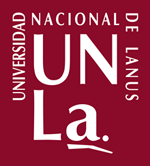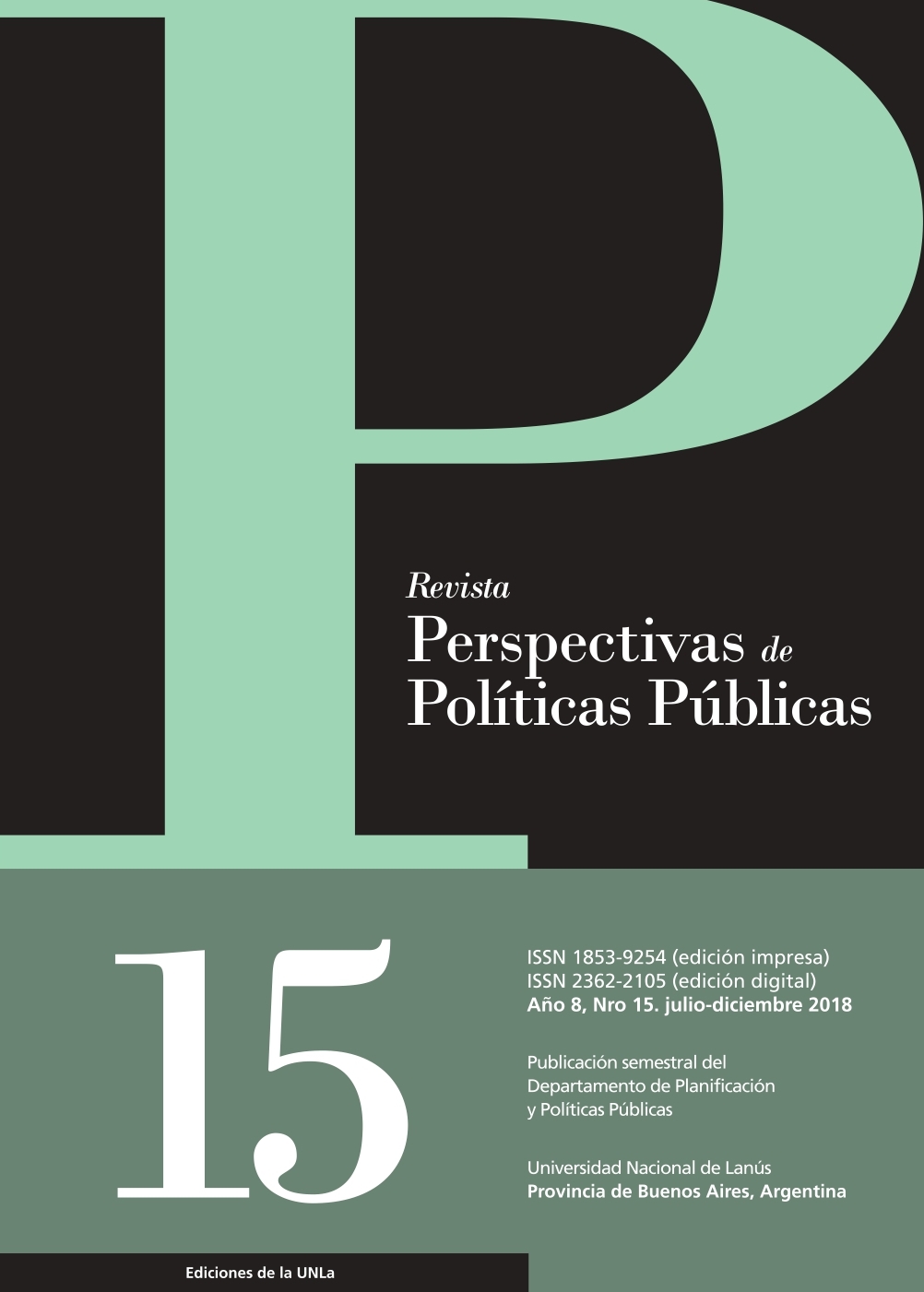Editorial
Abstract
This issue of the RPPP begins with two studies on the role of these informal communities and their influence in other public policy areas. The article by Lujan Menazzi traces the functioning of this public-private articulation during the last military dictatorship in the field of public works. The author identifies the existence of a professional and business community linked to the development of public works and its articulation with the government areas that define budgets and assign works, with a frequent transit of public officials and private entrepreneurs who move from one side to another of the institutional differentiation, it defines a convergence of symbolic and material interests and legitimizes the characterization of this stage as a civic-military dictatorship. The same as in other capitalist societies, business efficiency (cost matrix, productivity, environmental impact, etc.) and proximity, through a variety of formal and informal practices, to the places in the institutional framework where decisions are made of politics, have helped to configure one of the strategic areas of political-corporate power, the rapid growth of business assets and the social prestige of its owners, with diffuse boundaries between public and private interests.
Elsa Pereyra presents the case of a group of officials and professionals who, from a community of ideas, technical training and political will, faced the challenges posed by a deep fiscal mess and reduced its impact on the most vulnerable population. His article analyzes the experience of the team that led the Ministry of Economy of the province of Buenos Aires between 1987 and 2007 from the point of view of the construction of analytical, political and technical capacities. To do this, it reconstructs the process that led to the creation of the quasi-currency known as "Patacón", as an example of the type of productions that characterized the performance of this group of officials. The analysis of the ways in which politics and technique were combined in the interventions of the provincial economic team allows the author to compose profiles of state actors more complex than those stylized in the predominant literature in the field of public policies.
The following three articles are studies on the policies of care, an issue that in recent years has entered the arena of public policy. Gisela Cánovas Herrera focuses on the debates about the social organization of care, within the framework of welfare studies and the contributions of feminism. Universal Assignment by Child is taken as a case that allows the author to investigate the assumptions related to the role implicitly assigned to women in this social policy and its effects on their participation in the labor market. Erika Van Rompaey examines the concept of quality home care for people in situations of dependency and their different approaches, to reflect on the impact of the material and technical conditions of care offered by the State in the protection of the right to care ; takes as a reference the recent experience of Uruguay, where a new care policy has been designed and implemented, with a provision specifically oriented towards home care. The text of Javier Moro analyzes the performance of the new municipal areas of attention to children and adolescents in the suburbs of Buenos Aires. The author argues that the emphasis on the focus of attention in the domestic-family sphere in detriment of the expansion of a programmatic offer of promotion and access to rights poses a limited and restrictive scope of the transformation stated in the regulations. The article proposes the adoption of a "new architecture" that contemplates the scope of the politics of childhood and adolescence at the local level, the definition of the problem with which these areas work and a territorial view of social policies.
Assistance actions aimed at vulnerable population groups (emergency employment plans, conditional transfers of income, specific subsidies) integrated an important part of the social policies of recent years. In addition to the discussion regarding the effectiveness of these actions to address the problems they are aiming at, there were debates about the objective and subjective conditions effectively met by the recipients of the assistance, frequently dyed with discriminatory tonalities. The article by Malena Hopp and Eliana Lijterman reconstructs the arguments and controversies raised about these programs in the target subjects and in workers integrated into labor markets.
Juan Pablo Hudson discusses the change in the institutional focus recorded since the change of government in 2015 regarding employment policies aimed at unemployed or precarious employment sectors, highlighting the emphasis on entrepreneurship and individualism, as well as free associativism contrast with the promotion of cooperative formation and the wide-ranging stimulus programs for the popular economy and its most dynamic government actors that took place between 2002 and 2015. Finally Graciela Mingo and Elisa Sarrot focus on the interactions between the State and a variety of actors social and labor issues in the Pro.Cre.Ar plan (2012-2015) in a municipality in the province of Entre Ríos, as an active policy to facilitate access by the middle sectors of society to their own homes; a program that has also suffered cuts and reorientations in recent years.






